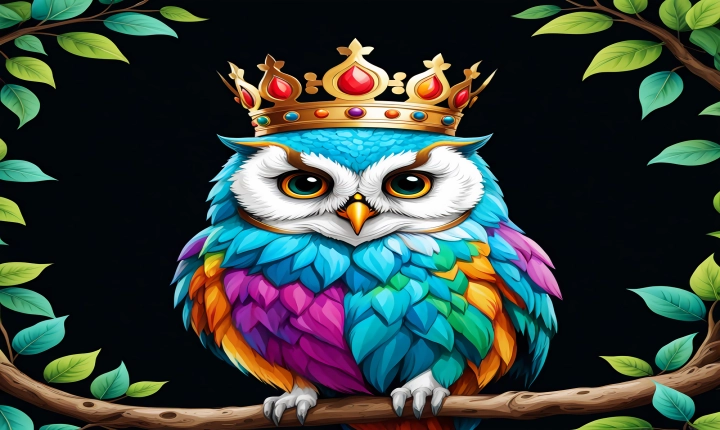Is AI Generated Text Plagiarism?
The rise of artificial intelligence has introduced numerous advancements and conveniences in various industries, including content creation. AI-generated text, powered by sophisticated language models like OpenAI’s GPT-3, can produce coherent and well-written articles, essays, and stories. While this technology has proven to be a powerful tool for aiding writers and content creators, it has also raised concerns about the ethical implications of using AI-generated text and the possibility of it being considered plagiarism.
Plagiarism is the act of using someone else’s work, ideas, or expressions and presenting them as one’s own without proper acknowledgment. In the context of AI-generated text, the question arises: can content produced by an AI be considered plagiarized if it reproduces or closely resembles existing material?
One argument against labeling AI-generated text as plagiarism is that the content is created by a machine and not a human author. Proponents of this view assert that since AI lacks consciousness, intentionality, and original thought, the concept of plagiarism does not apply. Moreover, AI-generated text is often a result of a complex algorithm analyzing and synthesizing vast amounts of data, making it challenging to trace the origins of every individual phrase or idea within the generated content.
On the other hand, critics argue that even though AI lacks consciousness, it has been trained on a dataset that includes copyrighted material, thereby making it capable of producing content that closely resembles existing work. They contend that if AI-generated text is used without proper attribution and permission from the original creators, it could still be considered a form of plagiarism, as it may replicate, and in some cases, slightly modify, protected content.
Another concern is the potential for AI-generated text to be exploited by unscrupulous individuals to mass-produce content for commercial gain without adequately crediting the original sources. This raises issues of intellectual property and copyright infringement, further complicating the debate around the ethics of AI-generated text.
Addressing the issue of AI-generated text plagiarism requires careful consideration of the rights and responsibilities of both content creators and users. Content creators should be transparent about the use of AI technology in their work and take measures to ensure that any content generated by AI complies with copyright laws and ethical guidelines. Users of AI-generated text should also be mindful of the origins of the content they utilize and take steps to attribute and properly reference the original sources when necessary.
Furthermore, as AI and language models continue to advance, there is a growing need for clear ethical standards and guidelines regarding the use of AI-generated text. Educating content creators, users, and the general public about the implications of AI-generated text on plagiarism and intellectual property will be crucial in navigating this complex and evolving landscape.
In conclusion, the question of whether AI-generated text constitutes plagiarism is a nuanced and evolving issue that requires careful consideration of various factors. While AI technology presents exciting opportunities for content creation, it also demands a deeper understanding of its ethical implications and the need for responsible use and attribution of generated content. As the field of AI continues to develop, it is essential for stakeholders to engage in ongoing discussions to establish ethical guidelines and best practices surrounding AI-generated text.
